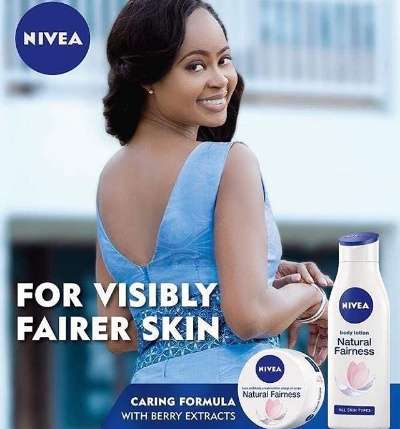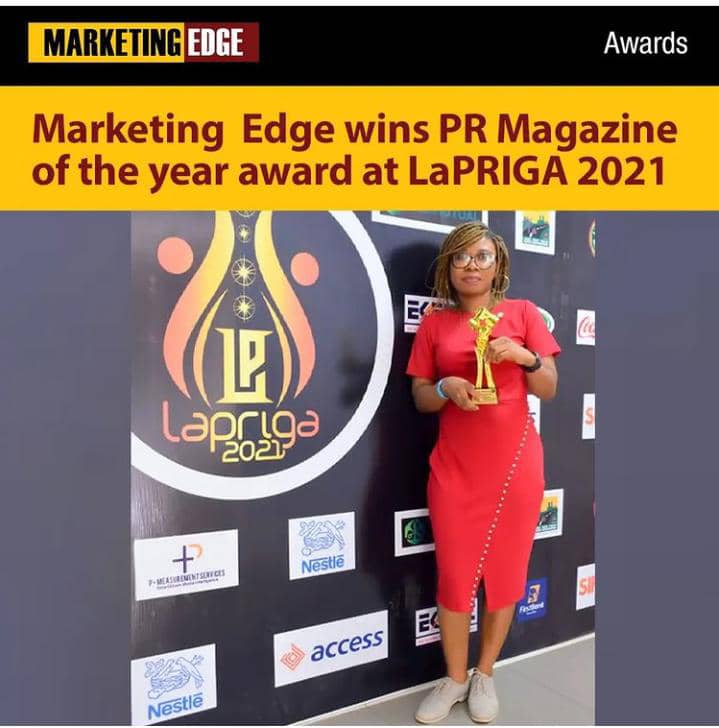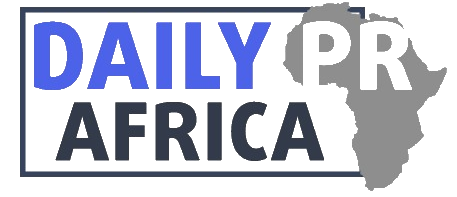
Brands, small or big, are placing high-end time and cash on developing solid advertising content. This stems from a mix of demands including the growing consumer call for quality advertising.
In the quest to meet this demand, many brands end up with ads that do not seem to resonate well with the targeted audience. A number of examples abound across the world.
Not too long ago, IBM’s #HackAHairDryer campaign which was aimed at encouraging women to fill more engineering, science, and technology positions in the workplace ended up with many women rejecting the ad on grounds that it promoted sexism.
Heinz Tomato Ketchup ad also recently suffered some criticisms when a German gentleman had the misfortune of being redirected to a hardcore porn website when he scanned the QR code on the back of a Heinz bottle. This happened because the company’s website expired and another organization bought the domain name.
Dove suffered similar setback few weeks ago for its body wash advert, which showed a black woman taking off her t-shirt to reveal a white woman underneath. Dove has since apologized saying it “missed the mark of representing women of colour thoughtfully”.
Pepsi, Cadbury, and Coca-Cola suffered similar criticism. What does this imply? Advertising failures are nothing really new in the industry, and Nivea obviously is not the first and of course, wouldn’t be the last!
So, what’s the big deal about the Nivea advert? A former Miss Nigeria, Omowunmi Akinnifesi, is ‘visibly’ seen on billboard adverts in our capital city, Accra (I hear similar ones are in Nigeria, Cameroon and Senegal?) for the moisturizing lotion with the slogan “for visibly fairer skin”.
The advert seems not to have been well received by many reviewers in Ghana. To this end, a “pull-it-down” campaign had been launched on social media as a mark of a massive protest against the advert.
The tacit truth in this controversy is that many of our folks, I dare say men and women alike, patronize Nivea products. If there’s no demand for this product, we wouldn’t have seen it on our market for this long period of time. Many people (or few people?) also have the notion that “light skin is better and nicer”.
Yes, many of my male friends have repeatedly said they prefer lighter-skinned women to dark-skinned ones. Where this obsession for light-skinned women comes from, I have no idea.
Nivea, I believe, was only taking advantage of this ‘aspirational’ mindset to make some commercial gains. This has however suffered some major set-back as social media users have called the advert “racist” and “colourist”.
The controversy took another dimension when Beiersdorf, the parent company of Nivea in a Facebook post said: “We recognize the concerns raised by some consumers regarding a NIVEA product communication in Ghana and take them very seriously. Our intention is to never offend our consumers”.
“We acknowledge every consumer’s right to choose products according to their personal preferences, and we are guided by that to responsibly provide them with high-quality skin care product choices,” the statement said without an apology.
I will not, in this piece, discuss the ad in detail, rather I’ll focus on some fundamental issues that every communication professional ought to pay attention to.
First is the power of social media. You may disagree, but it still stands that social media platforms such as Twitter and Facebook have become the main communication tools for many individuals and businesses. Users have the exclusive advantage of sharing and connecting information with like-minded users so easily and in real time.
A plain and simple fact is your brand watchers are all on social media. The implication of this lies in the fact that social media users can largely set the agenda for your communication.
This is why professional communicators need to continuously learn the skill of engaging their publics rather than just giving them information to consume. Social media has become a piercing tool in pushing ideas to influence decisions across all human activities. A simple hashtag could attract huge support either for or against a specific campaign.
Communicators need to prepare to handle this. Arm yourself with the skills to respond when issues emerge concerning your business especially on social media so as not to crush your brand.
Second is the need to recognize cultural diversity. In the business world, understanding the cultural differences within the scope of a specific communication activity is key. The Nivea advert might work best in some other jurisdictions without any uproar. A significant lesson here is that a marketing campaign or advertising must be preceded with research of the target public. Questions of gender roles/issues, racism and cultural norms need to be well appreciated. A campaign that does not resonate with such cultural norms can crush right within the time of launch.
Pre-test your communication materials. Communicators need to understand that they are not the target audience for the campaigns they launch. It is therefore important to consider pre-testing them to ensure that the materials are well understood, attractive and acceptable to the target audience.
Preferably, a third party, who is not amenable to bias, should be engaged to test your materials. If possible, a communication agency, with experience in conducting focus group discussions should be engaged to manage the pre-test.
Communication materials should be tested for comprehension, attractiveness, acceptability, identification and persuasion. Once this is done, there is a greater chance of an overall campaign success.
Finally, never downplay racist accusations. Once in a while, you may get it wrong. There are times, after granting interviews to journalists, I realize that I could have said certain things in different ways.
Other times too you may not recognize the blunder yourself until your attention has been drawn to it. In such cases, evaluate the options of withdrawing the comments or upholding your position.
If you admit that you’ve erred and graciously apologize, it gets easier to reposition your brand as that which should be trusted. Evaluate the options and admit you got it wrong especially when it borders on racism.
But the question still remains; should Nivea really bother about the “pull-it-down” campaign?
Komla Buami
The writer is a communications consultant with the Newmark Group Limited – a leading African Integrated Marketing Communications (IMC) firm. His email address is [email protected]









